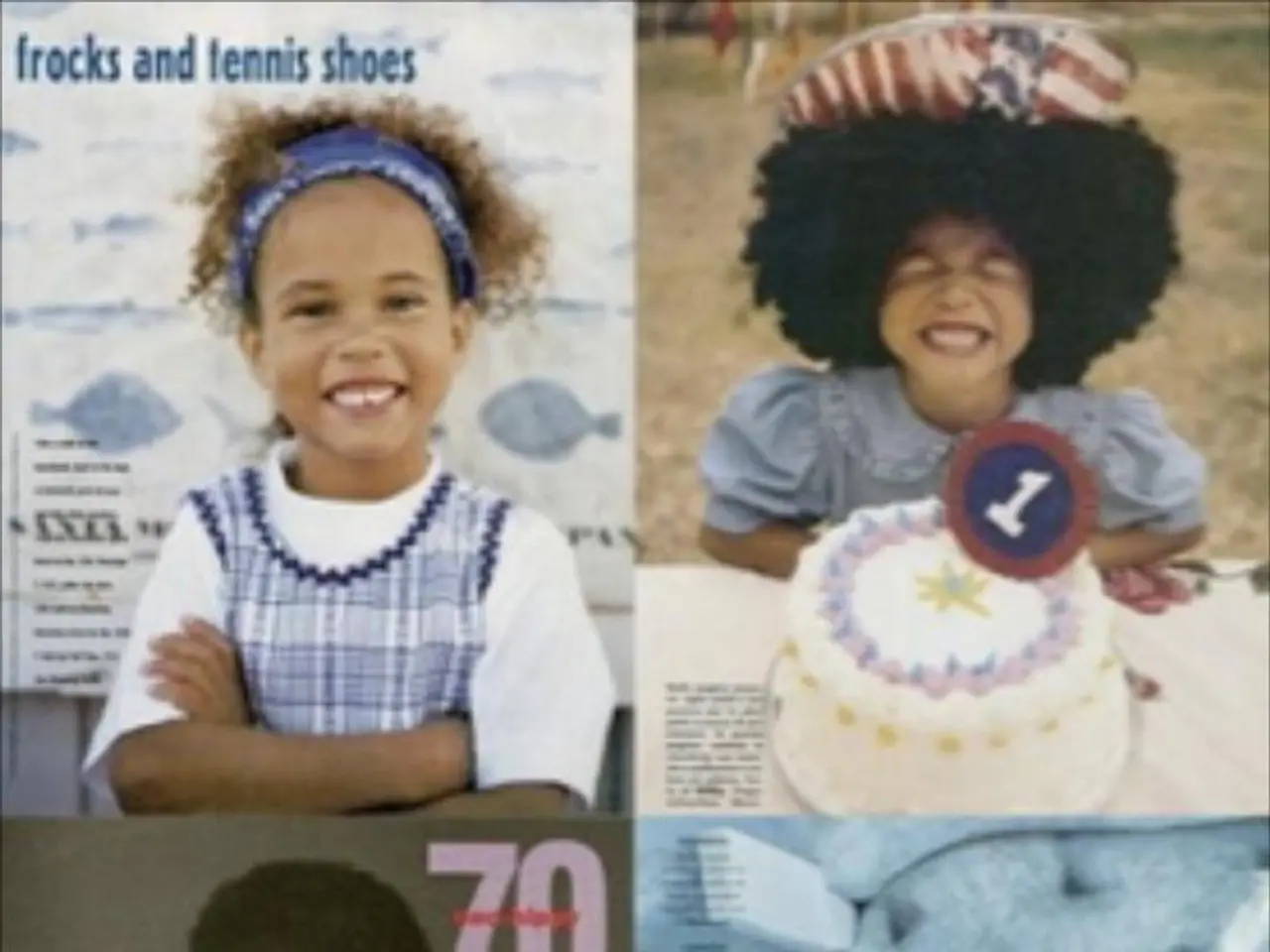American museums' influence urges Turkish heritage educator to reconstruct archaeology for children's benefit
In Turkey, a cultural heritage specialist, Asena Ozge Yasar, has highlighted the growing disconnect between children and the country's rich cultural heritage, which she believes poses long-term challenges. However, Yasar sees an opportunity for Turkey to emerge as a leader in archaeological education if child-focused efforts are treated as essential rather than supplementary.
Yasar envisions an ideal archaeology program for children in Türkiye as a fully immersive, hands-on model. In this program, children would take part in all stages, becoming archaeologists themselves. This approach, inspired by models used in American museums, would make them active co-creators of knowledge rather than passive learners, fostering critical thinking and a deep personal connection to cultural heritage.
The national education system in Turkey is highly curriculum-focused, leaving little room for hands-on, inquiry-based learning. To address this, Yasar sees collaboration between archaeologists and educators as key. This collaboration would combine rigorous academic content with age-appropriate pedagogy, ensuring accessibility beyond urban centers through mobile learning units and partnerships with regional museums or rural schools.
Grassroots initiatives, museum programs, and workshops are beginning to fill the gap in child-focused archaeological education in Turkey. Yasar credits programs in the United States, such as those at the Fernbank Museum and Emory University's Carlos Museum, for inspiring her to develop new educational tools for Turkey.
Archaeology offers children a way of thinking beyond historical facts. It helps them explore the relationship between people and nature, sparking questions about sustainability. Yasar views children as "natural archaeologists" who already dig, observe, and ask questions. By providing them with the right tools and approach, complex ideas such as stratigraphy can be communicated effectively, cultivating logical reasoning and empathy in children.
Simple exercises like mock excavations or artifact categorization can further cultivate these skills. These exercises, when combined with interdisciplinary learning that connects history, literature, and culture, can deepen children’s appreciation for their heritage and stimulate reflective thinking about the past and future.
As Turkey continues to improve its archaeological education for children, it can expect to see a more reflective and empathetic society emerge. This is because when a child understands where they come from, they begin to see the future differently, and that is where the real change begins.
Meanwhile, in the world of sports, Heung-Min Son has left Tottenham after 10 years. Fenerbahce has emerged as a top suitor for the South Korean footballer. In other news, a 2,050-year-old council building has been unearthed in Laodicea, Turkey.
Elsewhere, a trilateral summit on migration, Gaza, was held in Istanbul with the participation of Turkish President Erdogan, Italian Prime Minister Meloni, and Libya's Dbeibeh. The Kizilelma unmanned combat aircraft has entered serial production and is expected to be delivered in 2026.
In a positive development for Turkey's cultural heritage, more museums are offering child-focused tours and virtual tools like online games and digital excavation simulations. Türkiye is catching up, with these interactive, multi-sensory experiences making learning participatory rather than passive, as is common in museums in the United States.
Yasar emphasizes that tools such as museums, excavation sites, and digital platforms are crucial, but only when used meaningfully. She believes that with targeted support, Turkey can transform its approach to archaeological education, becoming a leader in preserving its rich cultural legacy and cultivating a more reflective and empathetic society.
- In Turkey, cultural heritage specialist Asena Ozge Yasar envisions a child-focused archaeology program inspired by American models, where children would become active co-creators of knowledge, fostering critical thinking and a personal connection to Turkish cultural heritage.
- In line with Yasar's vision, Turkey is catching up in offering interactive, multi-sensory experiences in museums, following the trend of making learning participatory instead of passive, as is common in some American museums.
- Turkey, under President Erdogan, sees collaboration between archaeologists and educators as key to addressing the national education system's lack of hands-on, inquiry-based learning, aiming to become a leader in archaeological education and cultivating a more reflective and empathetic society.




